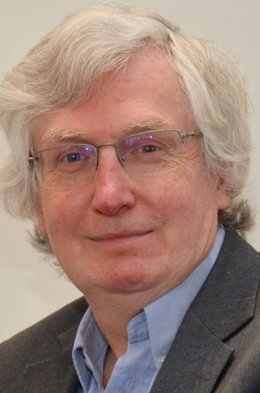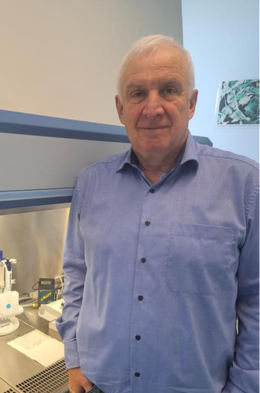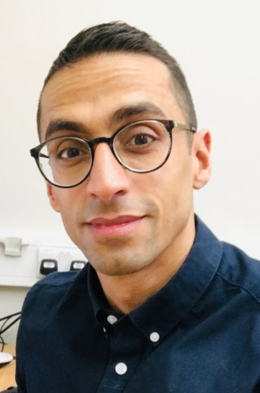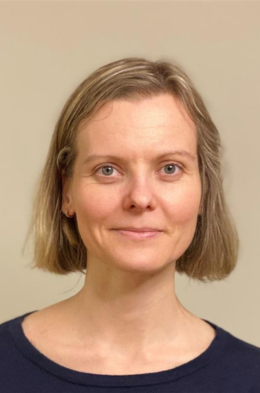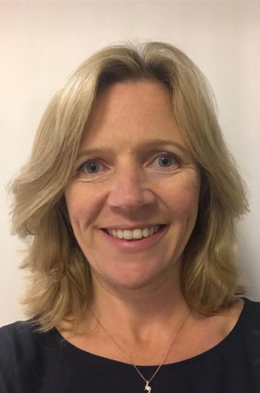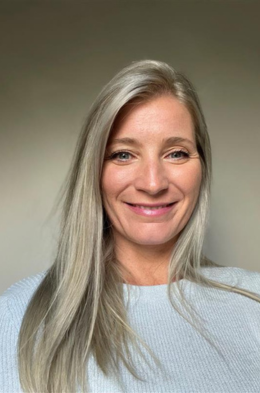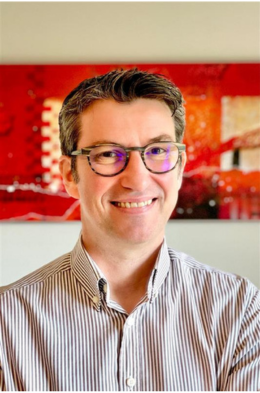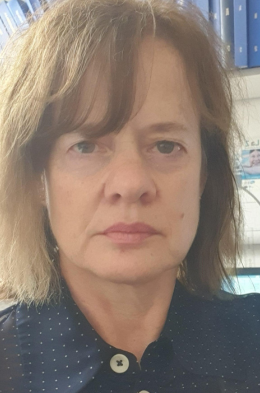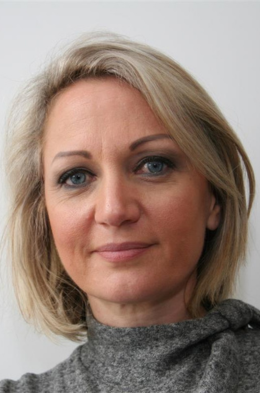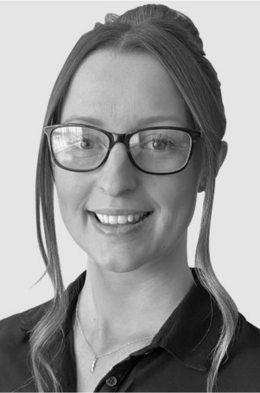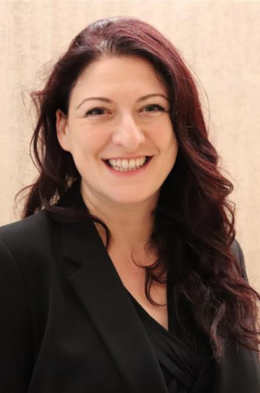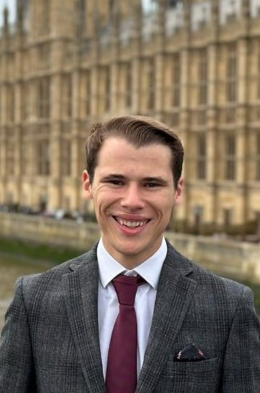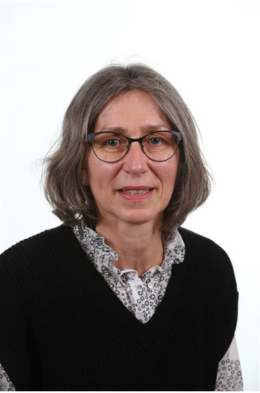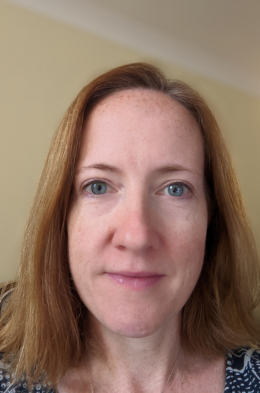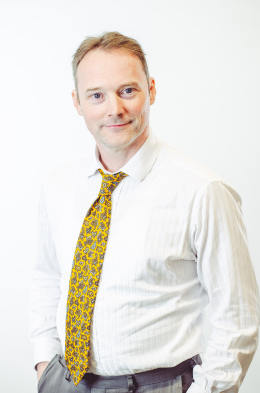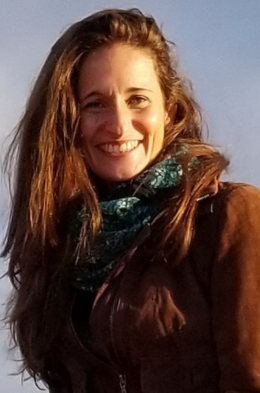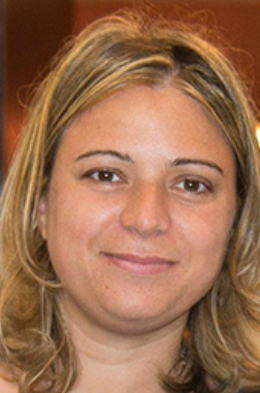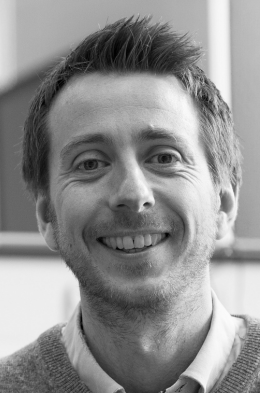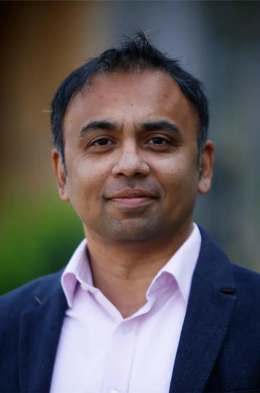Naomi Glover co-founded the Applied Neuroscience Association (ANA) in 2022 to bring ethics, collaboration and best practice to a fast-growing field. A non-profit, social impact company, it is supported by the King’s Entrepreneurship Institute and a diverse board of advisors. ANA is now a network of academics, neuroscientists, professionals, students, clinicians, investors and industry professionals.
Our mission: Improving everyday life through neuroscience.
With 20 years’ experience in behaviour change, coaching and training and an MSc in Applied Neuroscience(IoPPN), Naomi translates research into accessible solutions for public and private sector clients through her consultancy firm Neuro-Informed Ltd. She is often invited to provide public engagement, guest lectures and speak at conferences as a passionate advocate for how neuroscience can help solve real-world challenges.




